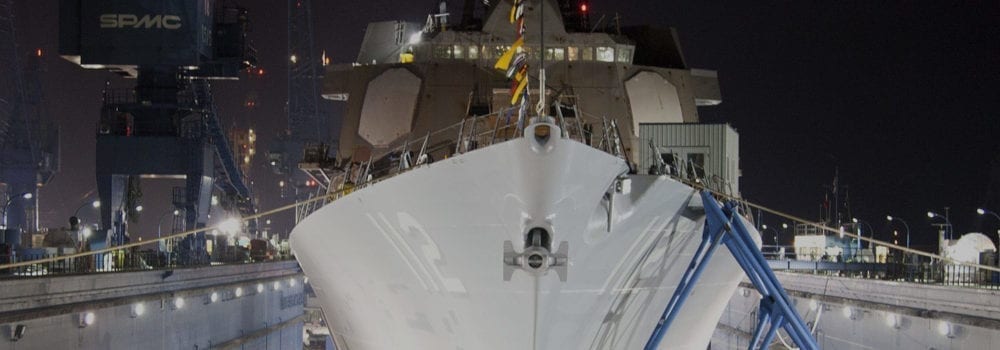Source: The Washington Times
By: Retired Rear Admiral Thomas K. Shannon
President Trump recently was asked to consider a Jones Act waiver to allow foreign ships to move liquefied natural gas (LNG) between U.S. ports. While some may view this action as harmless, waiving the Jones Act for any reason would take our nation down a path from which there is no plausible return. Once we as a nation give away any trade for any reason to foreign interests, we supplant American sovereignty while undermining the quintessentially American maritime industry and thousands of jobs. A Jones Act waiver for any reason other than a national emergency is a bad deal for the United States.
The Jones Act requires that all vessels operating between U.S. cities be built, owned and crewed by Americans. Congress put this law into place for good reason nearly a century ago, and has repeatedly reaffirmed its importance. Despite the tremendous commercial trade reliability that American maritime provides, foreign competitors and special interests regard the law as protectionist. But what opponents almost always fail to understand is the critical importance of the Jones Act for our national security and economic stability.
The very first paragraph of the law states that it “is necessary for the national defense and the development of the domestic and foreign commerce of the United States to have a merchant marine owned and operated as vessels of the United States by citizens of the United States composed of the best-equipped, safest, and most suitable types of vessels constructed in the United States and manned with a trained and efficient citizen personnel.”
As the former commander for the U.S. Navy Military Sealift Command, the importance of the Jones Act and the merchant marine that it supports is obvious. From the First and Second World Wars, to Iraq and Afghanistan, a robust U.S.-flagged maritime capability has been the cornerstone of our nation’s military deployments. To borrow a sports analogy, our military is built for “away games,” and before our Army can march to war, it must sail. In fact, when called into action, our military relies on ships to carry 95 percent of our combat capability to and from the war zone.
Unlike other countries, the United States does not subsidize its commercial shipbuilding capacity with taxpayer dollars. Instead, with the Jones Act, we enable a base maritime capability of U.S.-trained mariners, U.S.-flagged ships, a shipbuilding industrial base and a ship-repair capability. This “American made” capacity has been called our “4th arm of defense,” and it enables our president and Congress to project our combat capabilities as part of the Department of Defense budget every year.
The Jones Act ensures a level of maritime capability for America’s defense that cannot and should not be yielded to foreign nations that may one day be our enemy in war.
While the economic and security benefits of the Jones Act are clear, the law is carefully balanced to ensure certainty of markets for financial investors. U.S.-flagged Jones Act carriers have made significant investments in vessels and terminal upgrades to serve the trade. Undercutting these investments by repealing or waiving the Jones Act erodes stability, reliability and predictability among U.S. commercial operators and unnerves potential investors in new vessels, with adverse and cascading impacts on the entire industry, our wartime capacity and our national security.
A Jones Act waiver for proposed commercial efficiency is not a legitimate justification; it raises the question of whether Americans really want foreign-owned and foreign-operated ships transporting liquefied natural gas up and down our inland waterways and between our coastal cities. Liquefied natural gas is a hazardous cargo and must be transported in accordance with the highest safety standards possible. This task is best left in the hands of well-trained and highly qualified U.S. mariners on ships built to tough, stringent U.S. standards.
A waiver of the Jones Act may seem to some to be in the best interest of our nation. In fact, it’s a shortsighted play that will put our nation at great disadvantage in the long game of a global economy and undermines nearly 650,000 hardworking men and women of American maritime who serve our nation, support our military, and put America first each and every day.
Thomas K. Shannon is a retired rear admiral whose final assignment was as commander of the U.S. Navy Military Sealift Command, the premier provider of oceanic transportation to the Department of Defense.



Comments are closed.